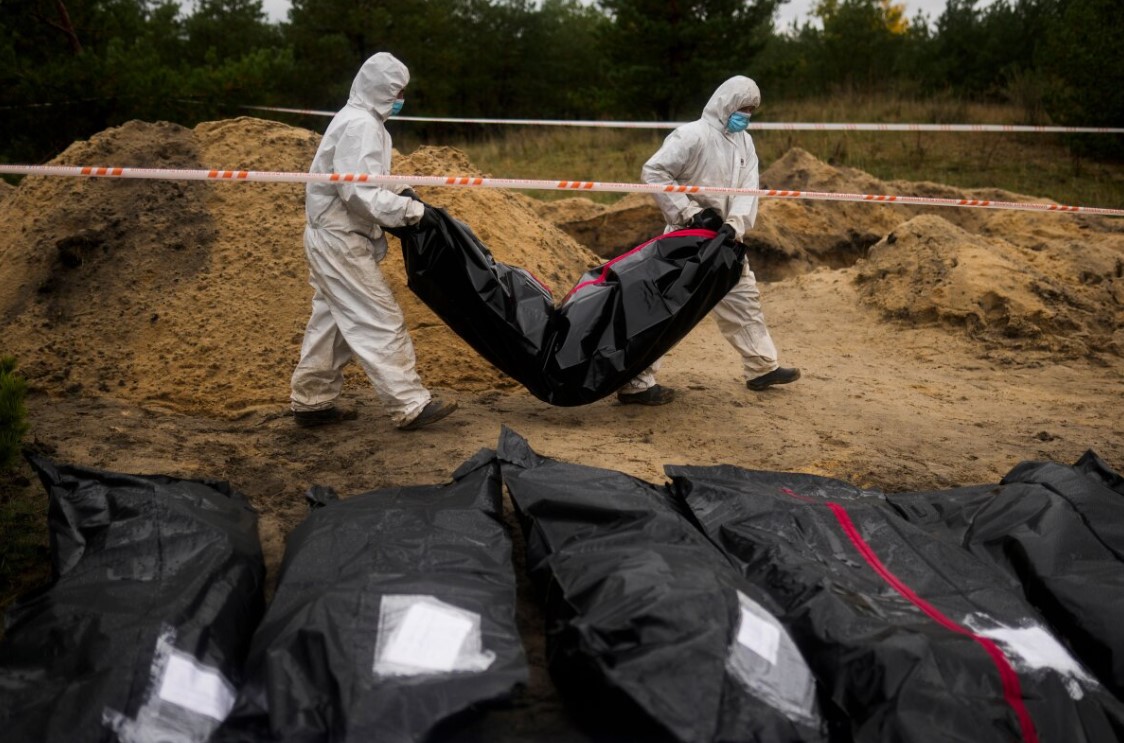What is the Meaning of Life? We repost this classic Dr. Neimeyer piece as every new year approaches. –The Editors
Dear Dr. Neimeyer,
I have just one question, but it is a big one. In your opinion, what is the meaning of life?–Nicolae
Dear Nicolae,
I’m a practicing psychologist who works alongside people who are struggling with deeply unwelcome changes in their lives–the breakdown of intimate relationships, the loss of career or meaningful work, the onset of life-threatening illness, and especially the death of loved ones, often in tragic circumstances. As a scholar and researcher I also study how people meet, and typically surmount such adversity. Decades of doing this work has shaped my understanding of the meaning of life, and specifically how people rebuild or reconstruct life’s meaning when it is devastated by events beyond their control. Here I’ll reflect briefly on these “lessons of loss,” viewing them through a narrative lens that has proven helpful in our research, as well as to the people who consult me in my practice.
First, it strikes me that we generally only reflect on the meaning of life when it is called into question. Mostly, meditations on life’s significance do not arise spontaneously when we are brewing a cup of coffee for breakfast, singing Happy Birthday to a child, dining with friends or working on a painting or carpentry project. At all of these moments, whether social or solitary, living is simply taking place as a verb, rather than inviting reflective consideration as a noun or object of contemplation. Another way of saying this is that the meaning of our life story is implicit in our practical activities, alone or with others; it just “makes sense” in an uncontested, taken-for-granted way. Simply stated, it just “is.”
But there are times–many of them–when this familiar life world skips a beat, is rendered strange or even alien, when our
implicit expectations are challenged and sometimes decimated by events we had not foreseen, and in the face of which we are powerless. We receive a diagnosis of cancer. Our life partner succumbs to a heart attack. Our child dies of an overdose. A parent dies by suicide. In all of these cases and a hundred other life-altering transitions, life’s familiar meanings are “up for grabs,” as we try to process the “event story” of the death itself and its implications for our lives now, as well as to access the “back story” of our loved one’s life, braided together with our own, in order to rework rather than relinquish our attachment to them. Another way of saying this is that grieving entails reaffirming or rebuilding a world of meaning that has been challenged by loss.

Just how people do this is as varied as the people who consult me in the wake of personal tragedy. A young widow now stands at the grill once manned by her husband as she wears his oversize apron and continues the annual ritual of a neighborhood Memorial Day cookout. A retired engineer who lost his son and grandson in a boating accident launches a multi-state safety program at numerous state parks, offering free loans of life-vests on signs displaying their image under the slogan, “Kids Don’t Float.” A bereaved mother gradually morphs visits from consoling friends on the monthly “anniversary” of her son’s death into a monthly meditation and shared meal for 12 to 24 similar bereaved parents and supporters, who find sacred sanctuary in this non-denominational gathering with those living with analogous pain. Many others draw upon their spiritual and philosophic resources to survive such tragedy, and more than a few question, deepen, redefine or abandon these same beliefs to seek others more adequate to the contours of the new worlds in which they find themselves. But all are in a sense reviewing, revising or rewriting their life stories, in deeds, in works, and in relationships, in the wake of loss.
Witnessing and sometimes facilitating this reconstruction of meaning has deepened my respect for the everyday nobility of people seeking to rebuild a sustainable life from the ashes of the old. Doing so is rarely easy when the loss is profound, and as the complicated and sometimes life-threatening outcomes of bereavement demonstrate, resilience is far from certain. But whatever the outcome of this process, in the short or long term, it is commonly the case that it is the lessons of loss that shape and reshape our lives, and its meanings going forward.
–Dr. Neimeyer
For advice about grieving during the holidays, click this link: https://blog.aftertalk.com/?s=holiday+grieving
CLICK HERE TO JOIN AFTERTALK
Free, Non-Profit and Non-denominational
We invite you to submit your thoughts, essays, poems or songs. Please send to info@aftertalk.com. To see past AfterTalk Weeklies, CLICK HERE


Dear Dr. Neimeyer,
For many seasons have you offered support, real support to those of us who have lost loved one’s. For it is not that we wrestle with hopelessness, but wrestle tirelessly in the silence of those moments of missing the consolations of completeness of togetherness – what is togetherness? it’s the promises made by and to our passed loves one’s profound steering of our life’s ship to navigate the unknown seas of time, the anticipated joys of our heart’s desires which are fruitless without our faith for which we vanguard’ jealousy – this is the missing component in our live’s.
No one person can cook for two possessing the joy and rewarding pride when serving for one. It’s this human dynamic that shapes who we are, what we are and that which we so diligently plan to be and have in the completeness of togetherness.
So we ordered eggs at our breakfast and got scrambled instead …how do we receive with TRUE Joy and Genuine Thanksgiving that we nonetheless received eggs period, for breakfast?
No comparison can ever be drawn to Life’s true beauty of living without expectation to anothers conclusion of their life that which we’ve tirelessly build around life’s planned journey of perfect love, perfect joy, perfect hope …but there really is hope!
It’s been of great solace to me to have found your profound experience and truly compassionate reverence to explain the unexplainable these many past years without my Anthony.
With love and reverence to a wonderful man who has helped many to believe in the missing pieces of life’s puzzle is out there – we just need to accept it and remember that missing piece never really was missing, it’s just that we’ve been looking at a complete complex life puzzle in darker light.
Thank you for helping us by your hand into the bright, strong and fulfilling light into the unknowns of the following morning.
With immense gratitude,
Rodd